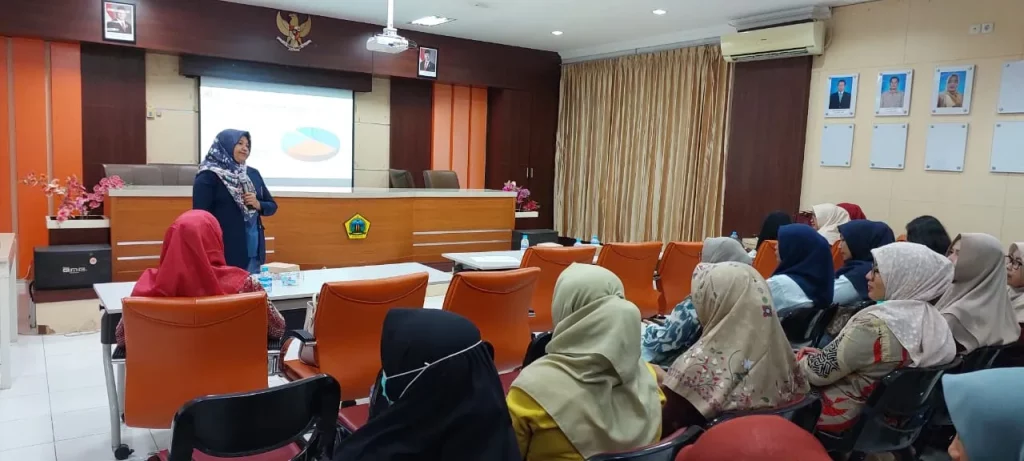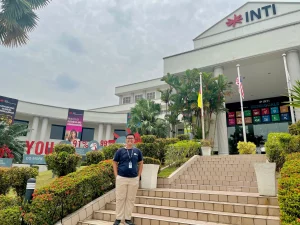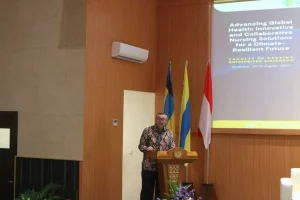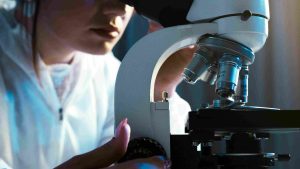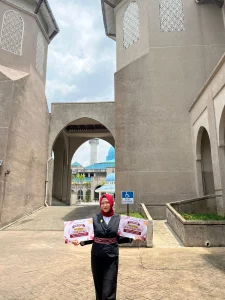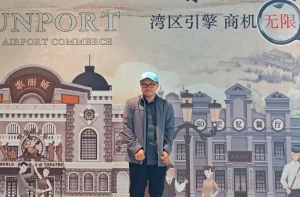UNAIR NEWS – Efforts to reduce maternal and infant mortality rates in Indonesia continue to advance. In support of these goals, three departments from Universitas Airlangga (UNAIR) recently conducted a community service project on Bawean Island. The participating departments included Medical Studies, Midwifery (Faculty of Medicine), and the Nursing Program (Faculty Vocational Studies) at UNAIR.
Situated 120 kilometers from Gresik’s administrative center, Bawean Island faces challenges in accessing government resources. Dr. Lestari Sudaryanti, M.Kes., explained that the project involved several partners, such as the UNAIR Alumni Association (IKA UNAIR) in Gresik and the Gresik Health Office.
First session highlights
The community service project was held from Thursday, October 31, 2024, to Friday, November 1, 2024, in two subdistricts: Tambak and Sangkapura. It comprised several sessions, the first of which took place on Thursday and focused on “Interprofessional Collaboration (IPC) Simulation Training for Maternal and Infant Emergency Response.”

This session was designed for healthcare professionals, including doctors, midwives, and nurses. “A total of 60 healthcare workers from all health facilities on Bawean Island attended,” Dr. Sudaryanti noted.
The IPC simulation aimed to train healthcare workers in collaborative emergency response for maternal and infant care. “We are preparing healthcare workers to collaborate effectively in the field. Doctors, midwives, and other healthcare providers cannot work in isolation during emergencies,” she said.
In the first session, healthcare workers were divided into small, randomized groups, allowing them to practice different roles in managing specific emergency cases.
Second and third session highlights
The second and third sessions were held on Friday, November 1, 2024, with a new focus: “Anemia Prevention Education for Adolescents” and “Early Marriage Prevention Education.” These sessions targeted 80 students and teenagers in Tambak and 40 youth organization members in Sangkapura.
Participants were given a chance to learn about anemia prevention and treatment through interactive activities. “In this session, we used a snakes-and-ladders game to teach teenagers about anemia management and prevention in a fun, engaging way,” Dr. Sudaryanti explained.
The discussion on early marriage prevention with youth groups was equally engaging, as participants openly shared their opinions. Dr. Sudaryanti hopes this community service initiative can contribute to reducing maternal and infant mortality rates across the country.
“We hope this initiative can accelerate the reduction of maternal and infant mortality by addressing root causes. Anemia and early marriage increase the risk of mortality for mothers and infants, but such risks can be reduced through strong interprofessional collaboration,” she concluded.
Author: Icha Nur Imami Puspita
Editor: Yulia Rohmawati


